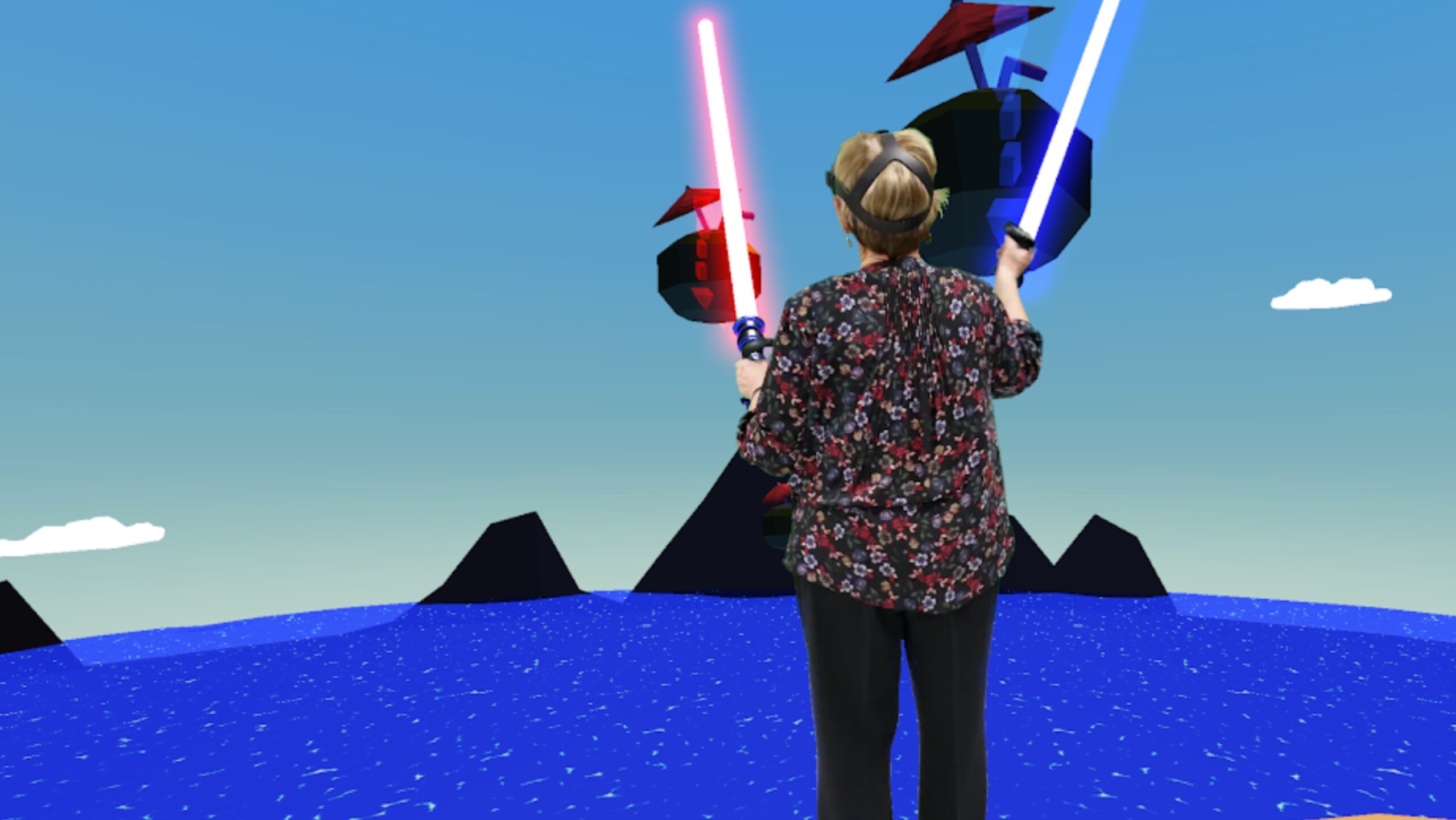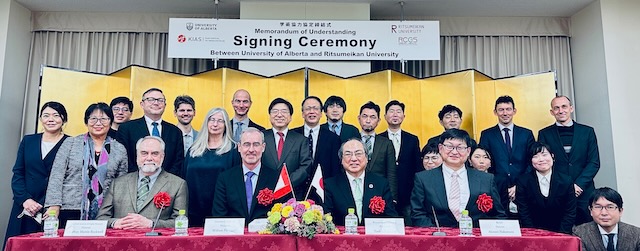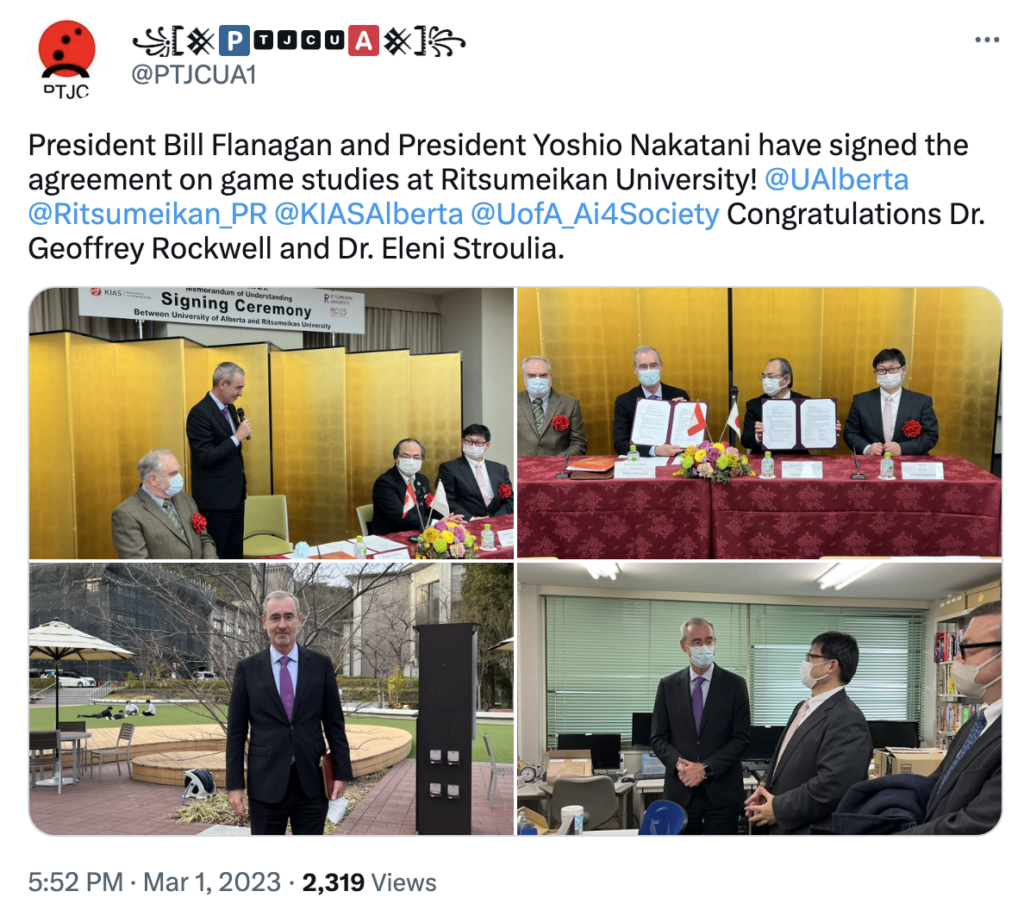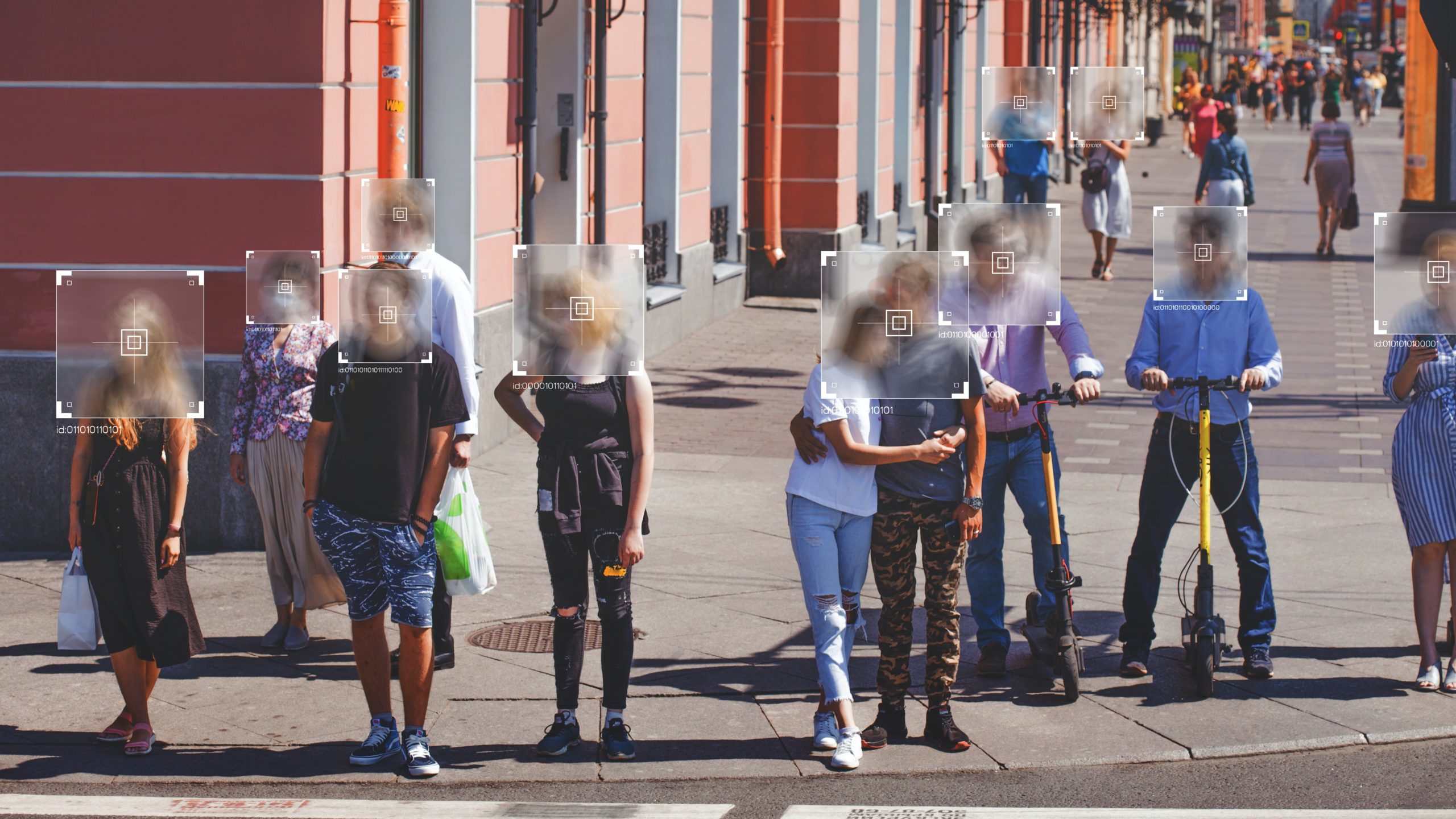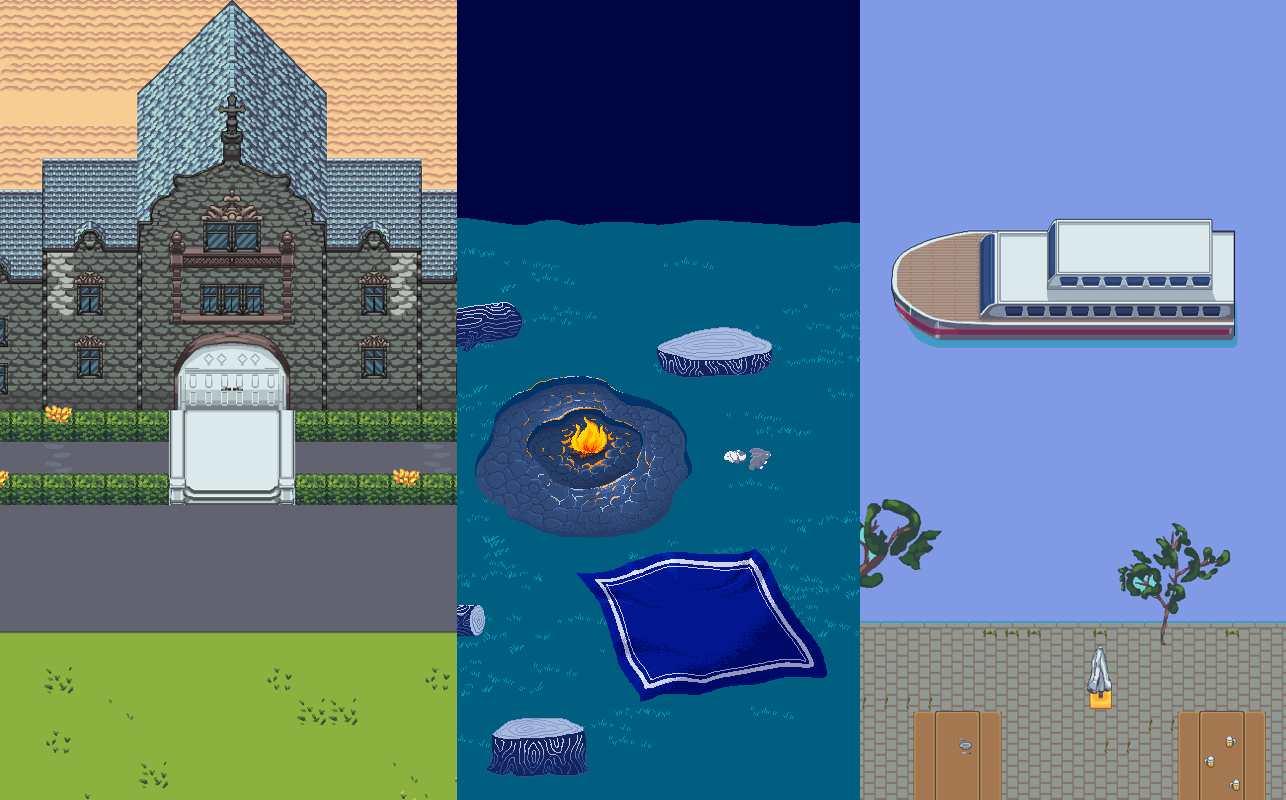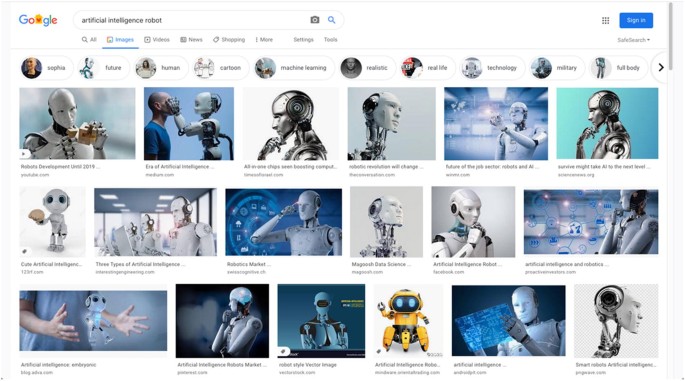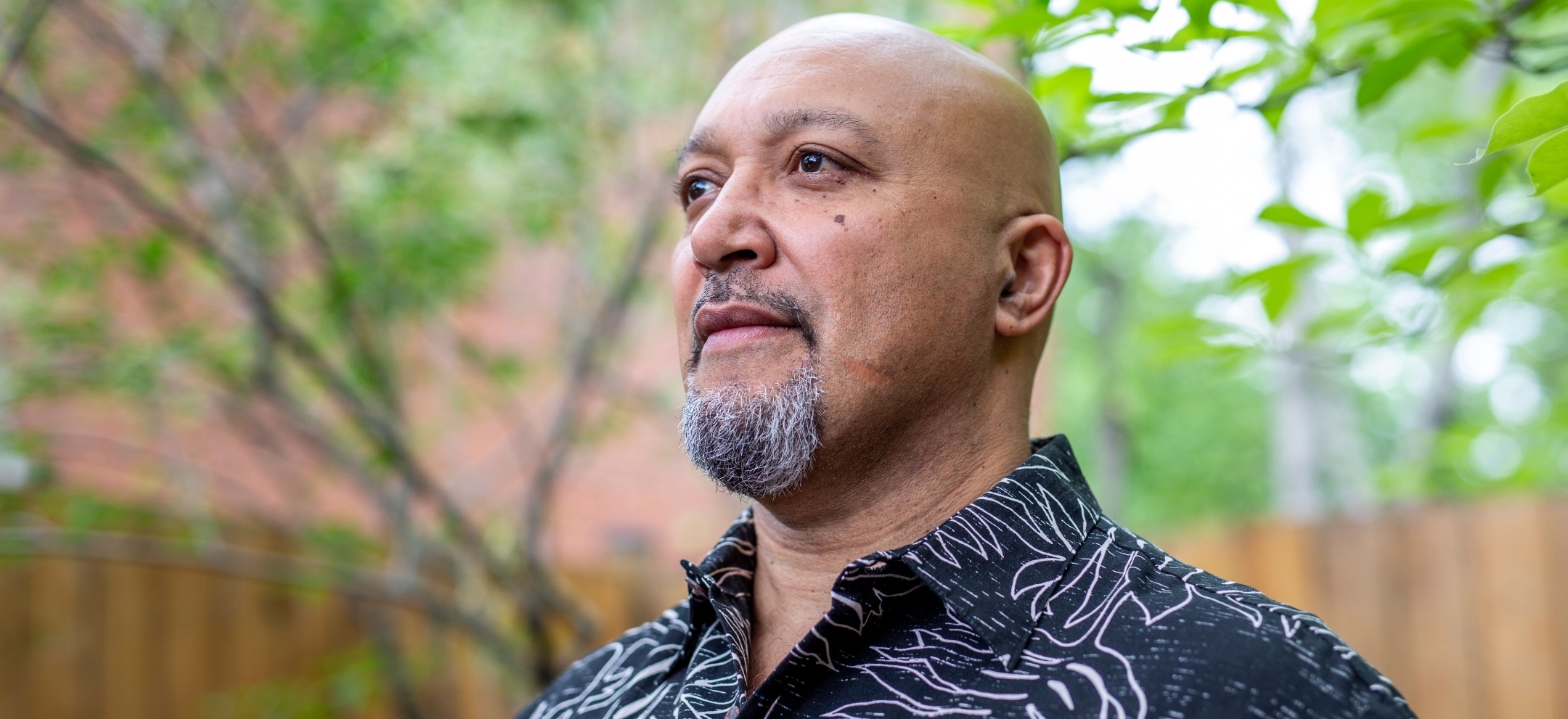Yesterday (Friday the 13th of August) we finished the 5th day of the Replaying Japan 2021 conference. The conference was organized by the AI for Society Signature Area, the Kule Institute for Advanced Study, and the Prince Takamado Japan Centre all at the University of Alberta.
At the conference I organized a roundtable about the Replaying Japan conference itself titled “Ten Years of Dialogue: Reflecting on Replaying Japan.” I moderated the discussion and started with a brief history that I quote from here:
The Replaying Japan conference will have been going now for ten years if you include its predecessor symposium that was held in 2012 in Edmonton, Canada.
The encounter around Japanese Game Culture came out of the willingness of Ritsumeikan University to host Geoffrey Rockwell as a Japan Foundation Japan Studies Fellow in Kyoto in 2011. While Rockwell worked closely with researchers like Prof. INABA at the Ritsumeikan Digital Humanities Centre for Japanese Arts and Culture, he also got to meet Professors Nakamura and Koichi at the Ritsumeikan Centre for Game Studies. Out of these conversations it became clear that game studies in the West and game studies in Japan were not in conversation. The research communities were siloes working in their own languages that didn’t intermingle much. We agreed that we needed to try to bridge the communities and organized a first small symposium in 2012 in Edmonton with support from the Prince Takamado Japan Centre at the University of Alberta. At a meeting right after the symposium we developed the idea for a conference that could go back and forth between Japan and the West called Replaying Japan. Initially the conference just went back and forth between Kyoto and Edmonton, but we soon started going to Europe and the USA which expanded the network.
(From the abstract for the roundtable)
At the conference I was also part two papers that were presented others:
- Keiji Amano presented on “The Rise and Fall of Popular Amusement: Operation Invader Shoot Down.” This paper looked at Nagoya tabloids and how they described the explosion of Space Invaders as a threat to the pachinko industry.
- Mimi Okabe presented on “Moral Management in Japanese Game Companies” which discussed how certain Japanese game companies manager their ethical reputation. We looked as specific issues like forced labour in the supply chain, gender issues, and work-life balance.
You can see the conference Schedule here.
